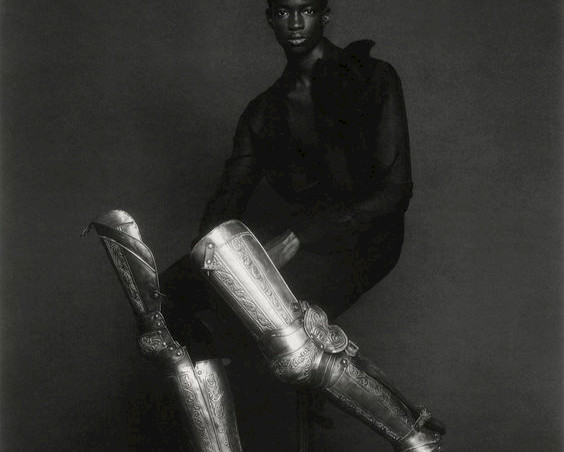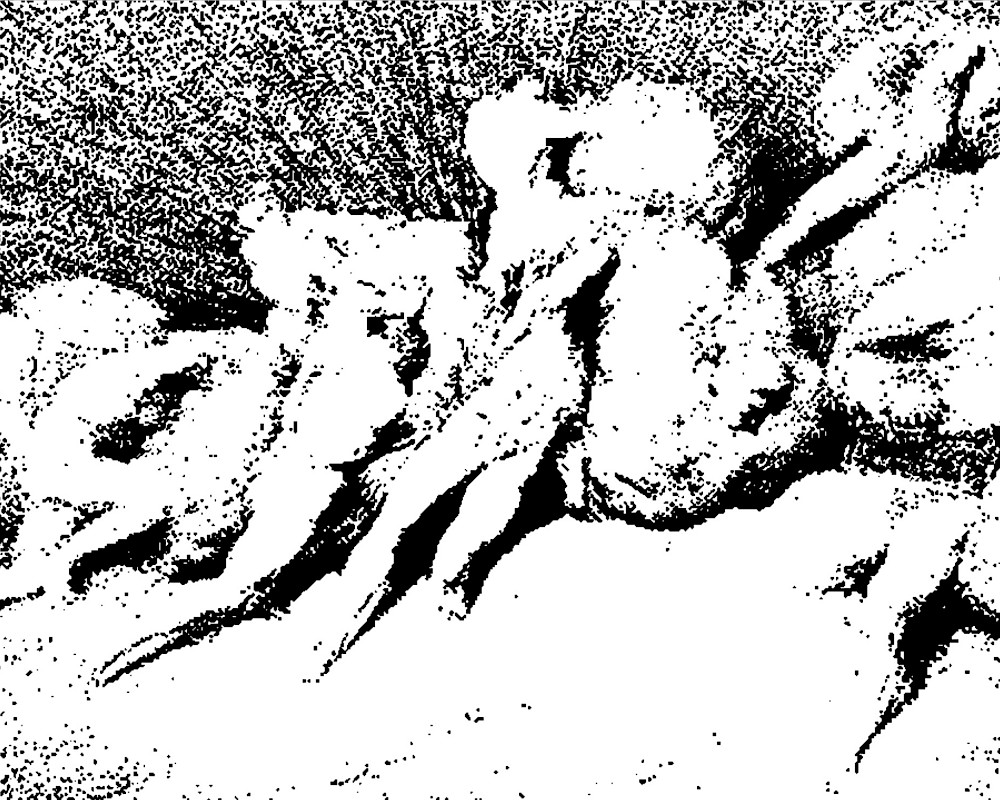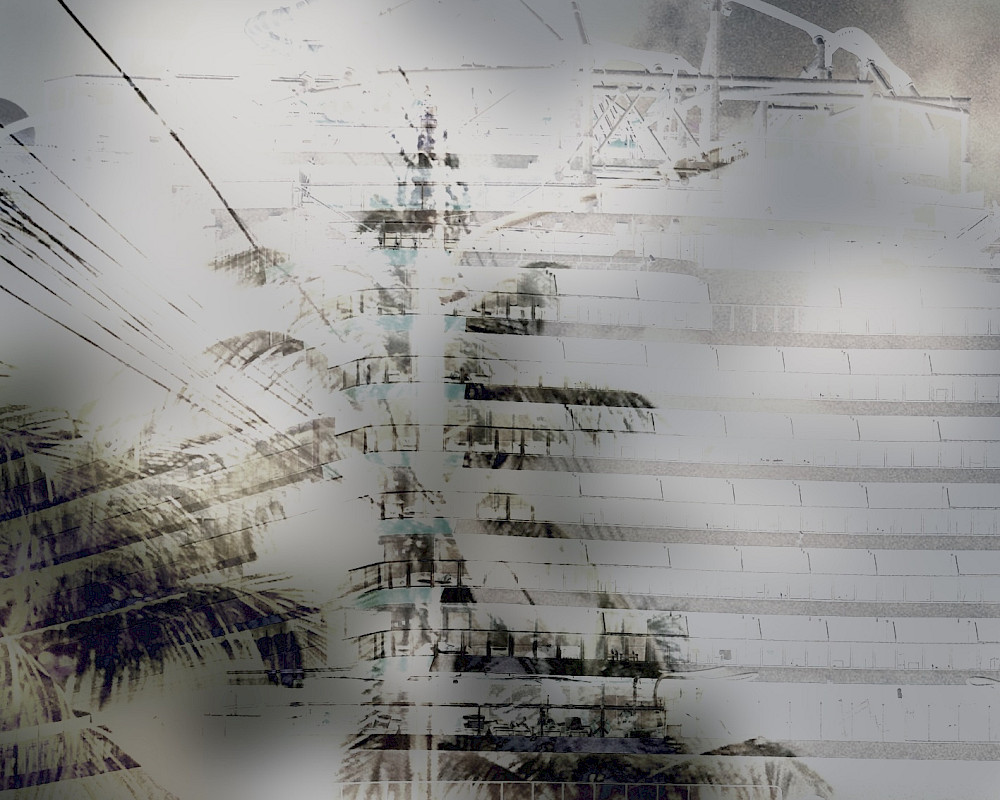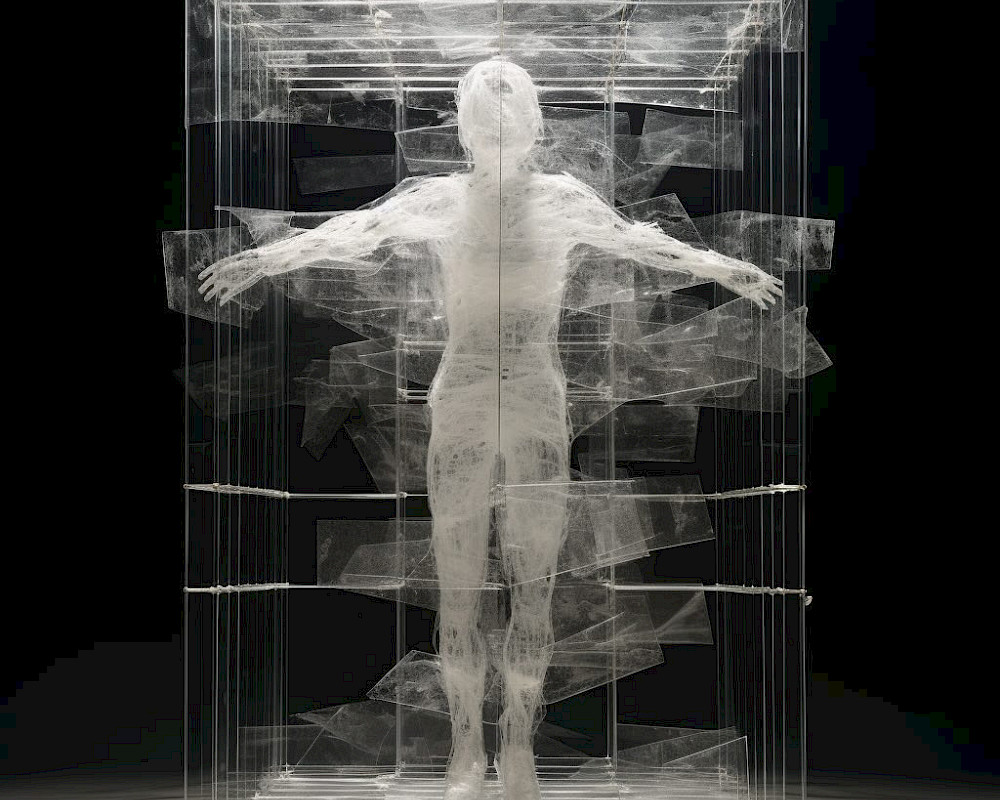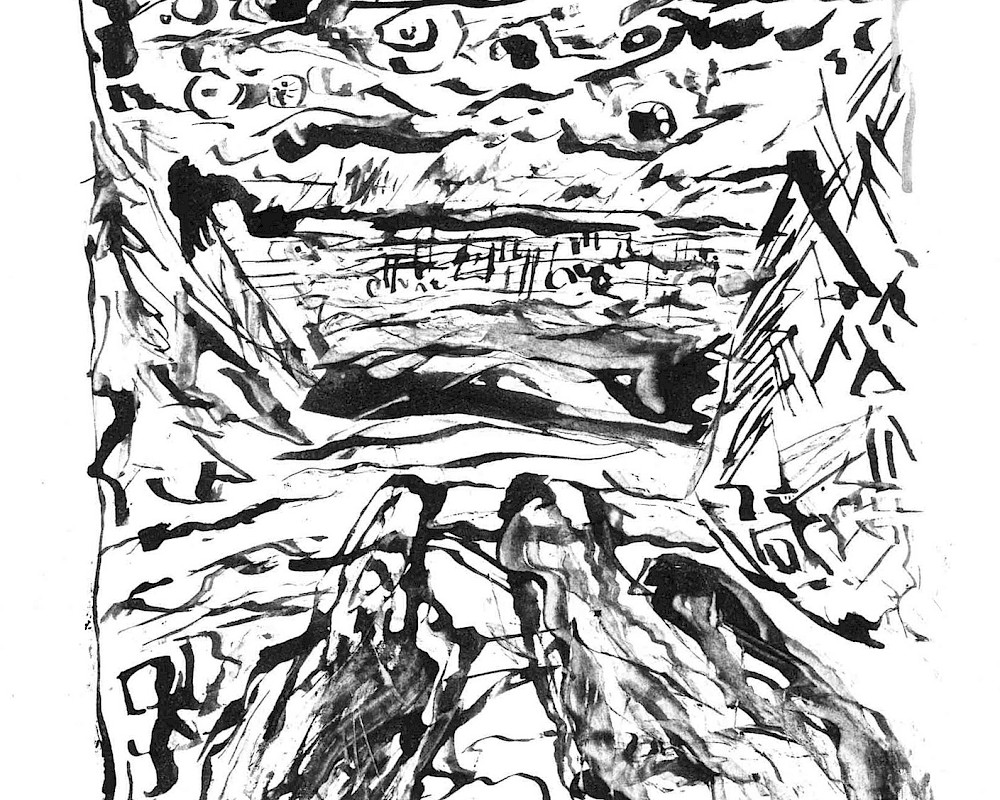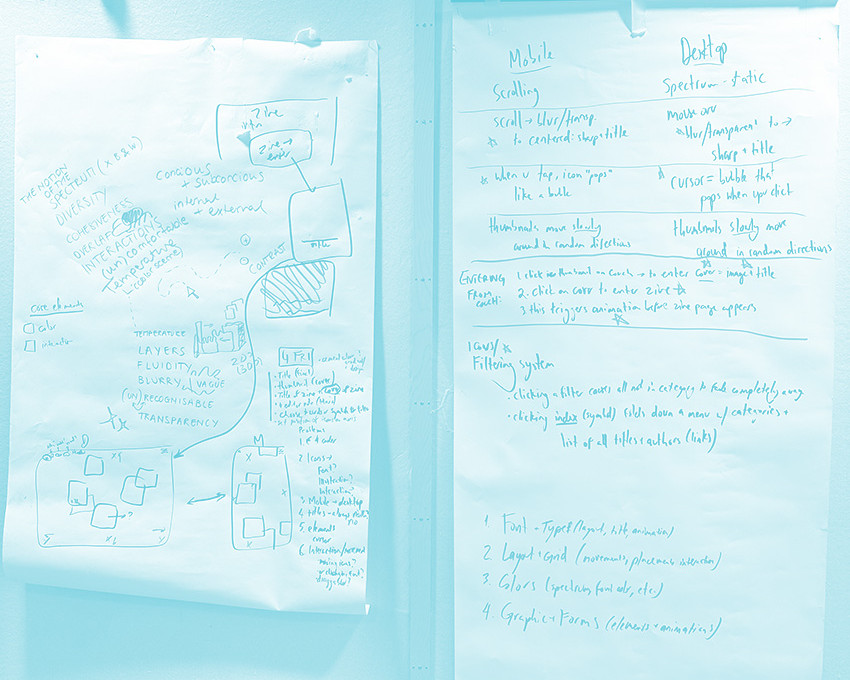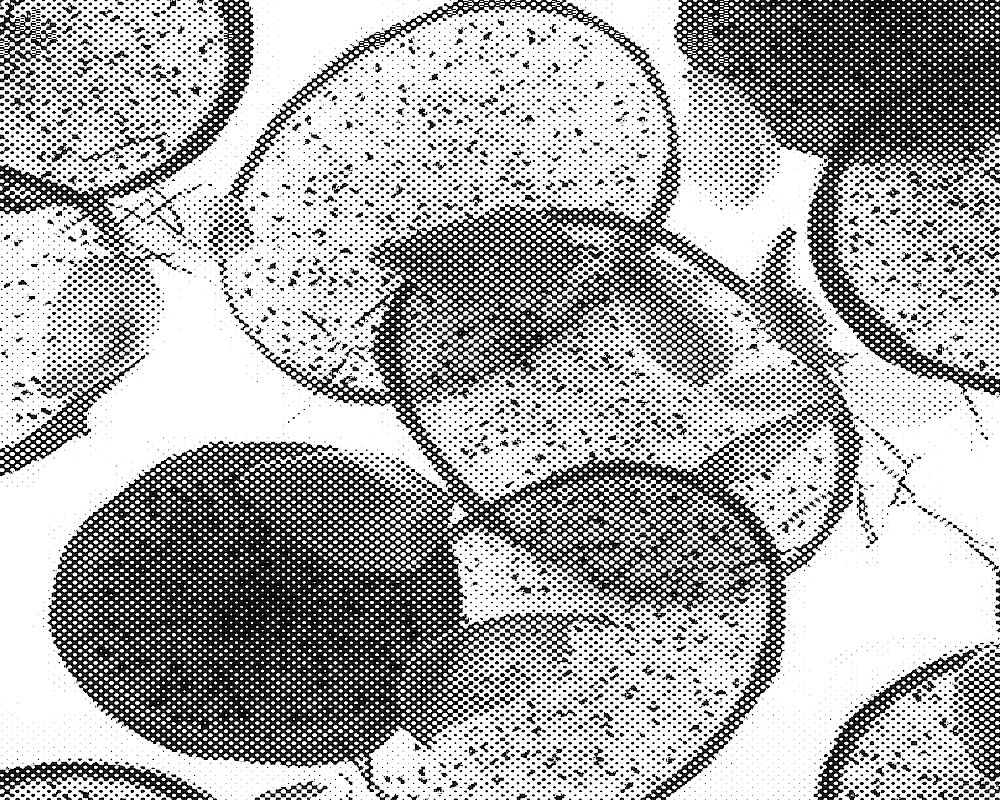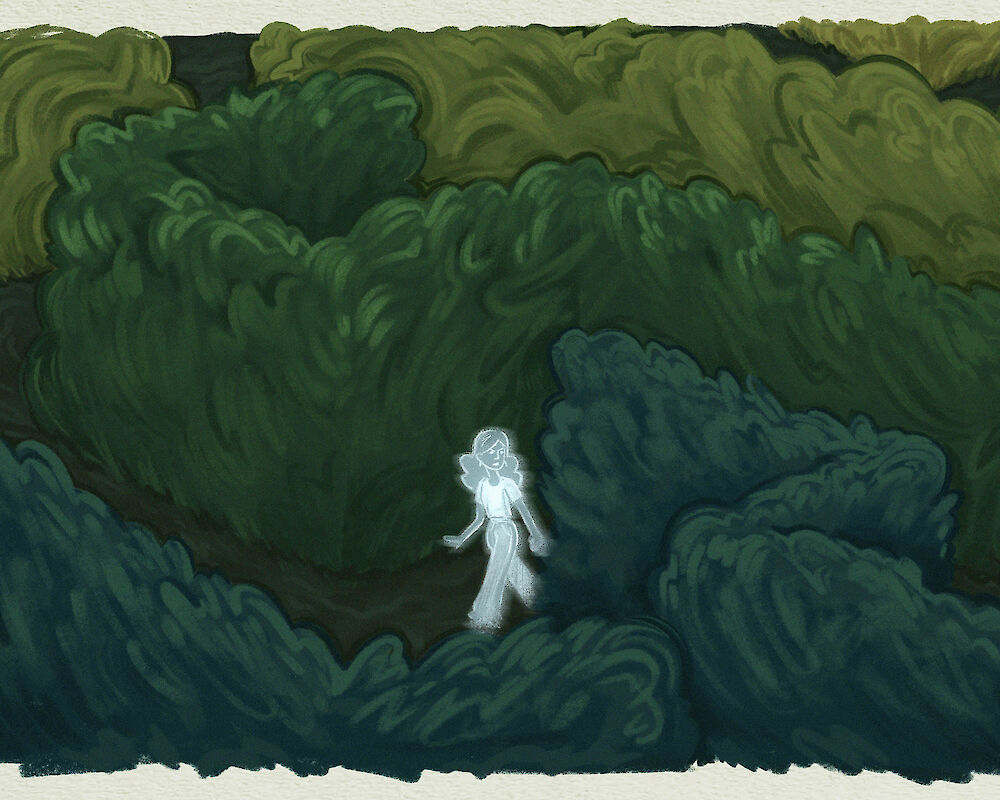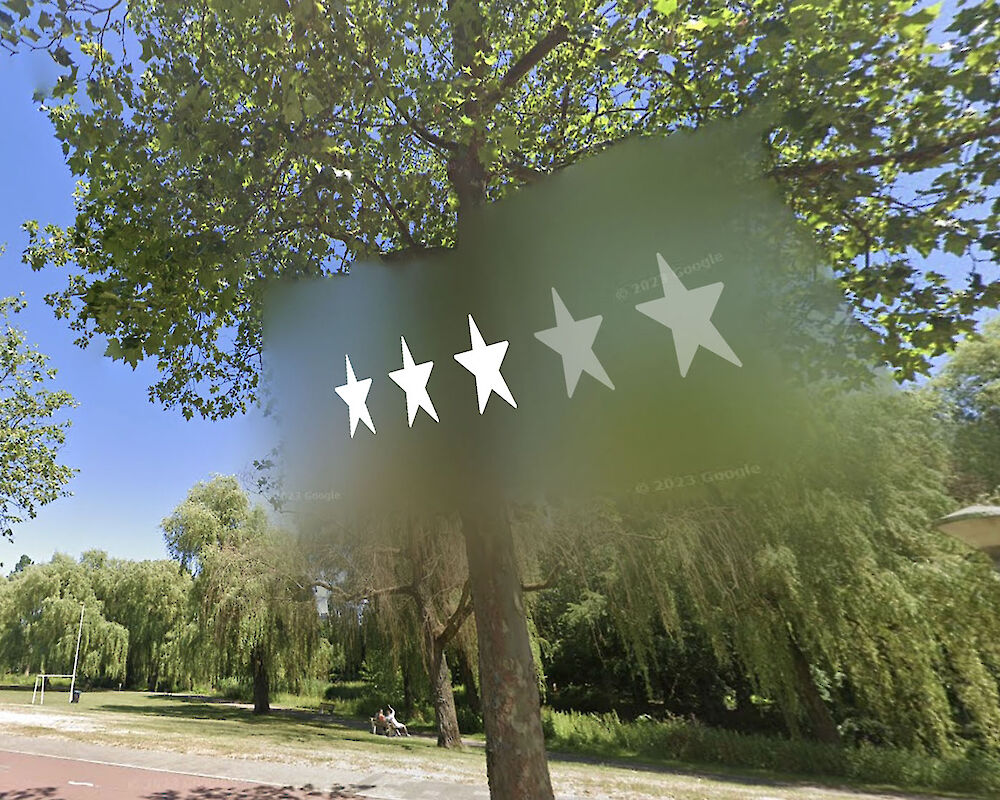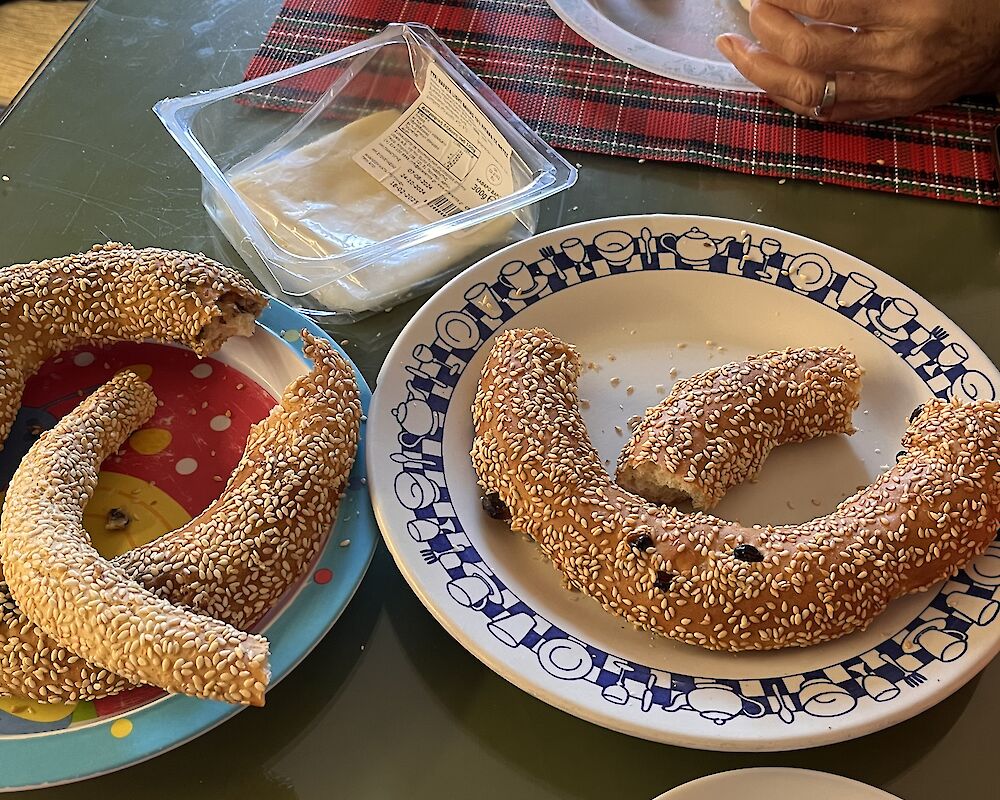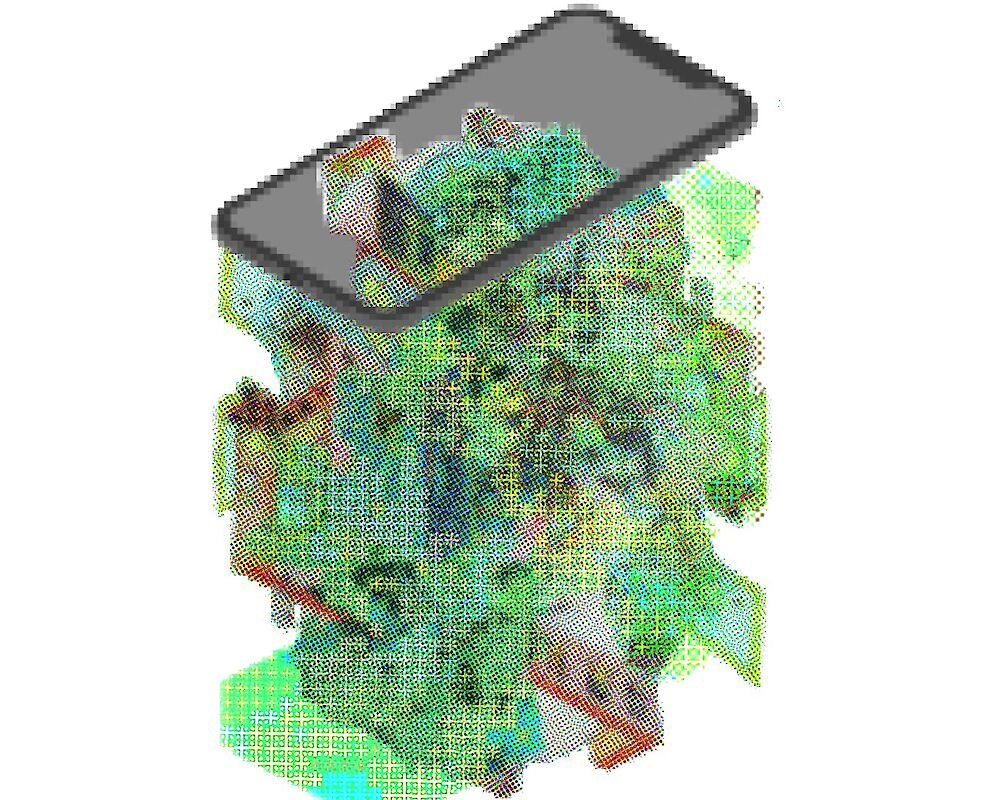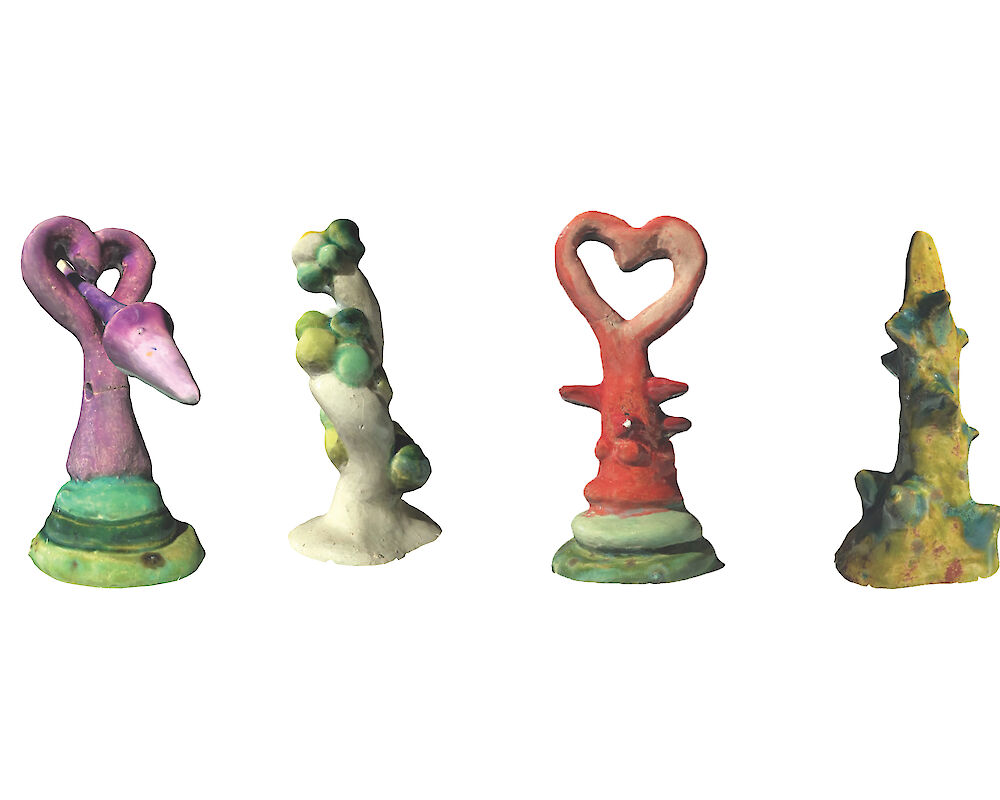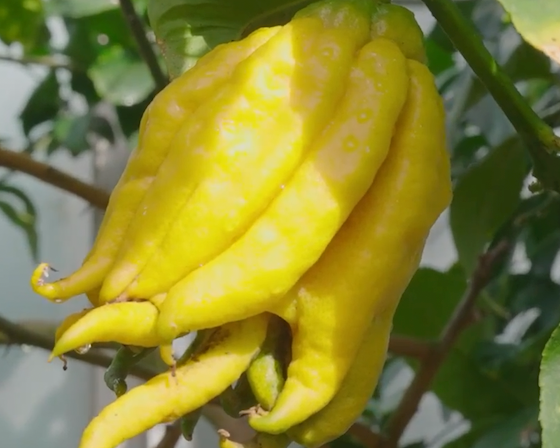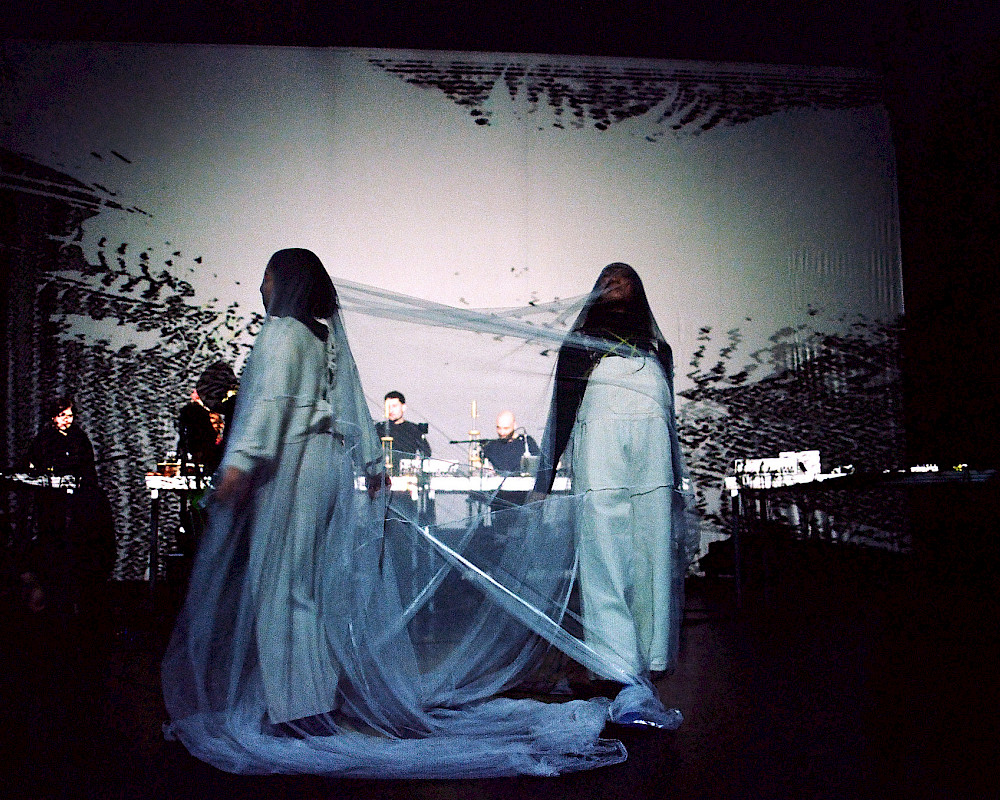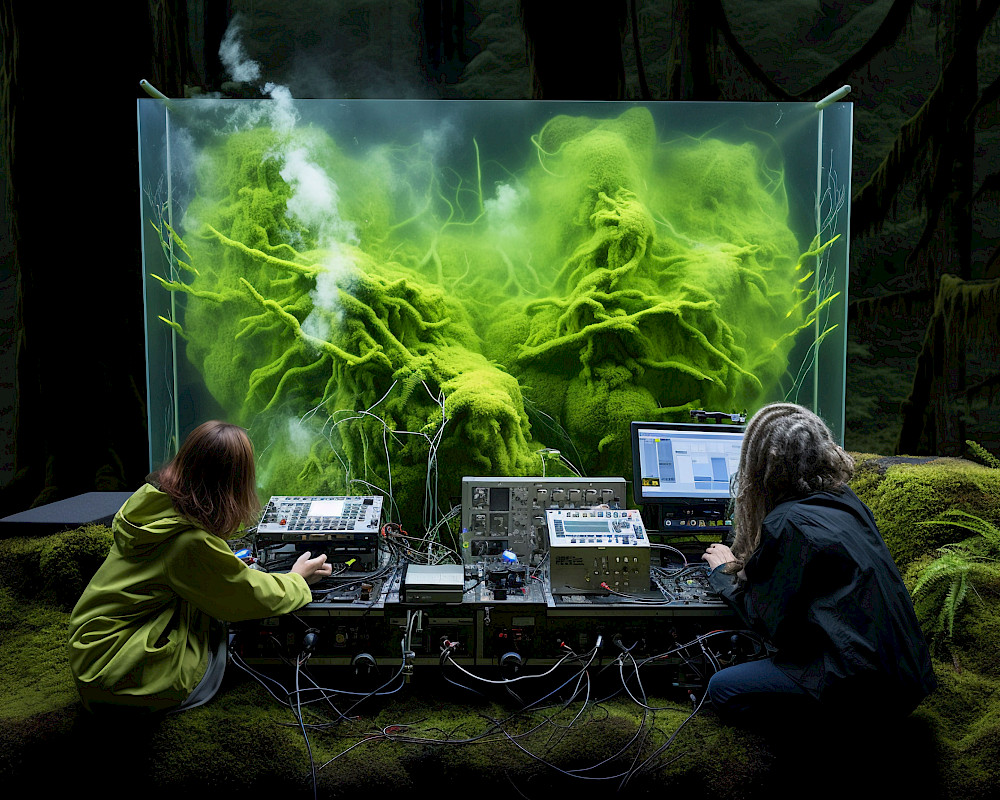1. A Guest Arrives in the Garden
Everyone tends to their own garden in life. Some cultivate well-manicured lawns, while others allow wildflowers to flourish freely. I, too, was content in nurturing my own garden. However, one day, an unexpected guest arrived—Gabin, who was living with schizophrenia.
Jacques Derrida once said that true hospitality means embracing the Other without conditions, without even asking their name, accepting the completely unknown. Though I was well aware of Derrida’s philosophy of hospitality, knowing and practicing are vastly different realms. When I was entrusted with the role of caring for Gabin, a stranger, I was caught off guard. Gabin wore clown-like makeup, avoided eye contact, and struggled to form coherent speech. I was afraid of her. Like a case from the news, I feared she might harm me—especially during a time when headlines were filled with stories of people with schizophrenia committing violent crimes. And yet, despite my fear, I could not turn her away. As she stepped into my garden, it no longer felt like a space I could control—a beautiful, orderly sanctuary. Instead, it felt disrupted, uncertain, and unfamiliar.
2. A Crisis in the Garden
“The face of the Other in its nakedness and defenselessness signifies: ‘Do not kill me.’ ” -Emmanuel Levinas
“To welcome the Other is to put in question my freedom.” -Emmanuel Levinas
Looking into Gabin’s face, I felt a profound responsibility—I could not commit the moral murder of excluding her from my garden. I wanted to welcome her. Yet, at the same time, I wished to cast off the weight of responsibility and reclaim my freedom. For five years, as we met regularly, I wrestled with this duality—oscillating between commitment and reluctance, compassion and exhaustion.
Indeed, for five years, I buried my freedom like a seed into the soil. Caring for Gabin was unpredictable, and at times, I felt as if I had become her hostage.
One day, after nearly two years of meeting, Gabin asked me a question:
“Sister, I am afraid that people will shun me because I have schizophrenia.”
Wanting to console her, I instinctively replied:
“Gabin, I believe that everyone is a patient in some way. Some, like you, have visible conditions, while others carry unseen afflictions.”
As I uttered those words, I had an epiphany: I am a patient too. Though I may not bear a visible illness, within me lie countless knots, twists, and fractures. In truth, we are all wounded. This realization freed me from the burden of seeing myself as a benefactor and Gabin as a recipient—I was not simply helping her, but rather, we were two patients tending to one another.
As Levinas wrote, ‘The relation with the Other, or conversation, is a non-allergic relation; an ethical relation. But insofar as it is welcomed, this conversation becomes a teaching.’ Indeed, our dialogues were truly a process of mutual learning, teaching each other. Through our conversations, I learned not only from Gabin but also from my own words—perhaps, even to myself, I had been a stranger all along.
3. The Unexpected Fruits of the Garden
Five years have passed. Compared to when we first met, Gabin has transformed remarkably. She can now hold everyday conversations and has even secured a job. One day, she proudly treated me to an expensive sushi meal with her first paycheck. I had assumed that, because she was disabled, I would always be the one providing for her—but this assumption was rooted in my own arrogance and superiority complex.
At the outset, I never expected this relationship to bear any fruit. Hospitality often felt like an endless cycle, a futile labor, with no visible results. In fact, I did not even expect change. Yet, to my surprise, our relationship blossomed into something I could never have predicted.
Another moment of realization came when I moved to the Netherlands. Excluding my family, the first person to video call me was Gabin. In that instant, I understood that she was not just someone I cared for—she was my friend.
Currently, my garden is in a season of rest. There may be societal achievements and external successes, but the tangible fruits of hospitality are absent for now. The thought of embarking on this journey again is daunting—the process is long and arduous. But I know this: the fruits of hospitality take time, yet they inevitably bring new life.
As I write these words, I prepare myself once more to cultivate the garden of hospitality. Now, it is time to begin again.
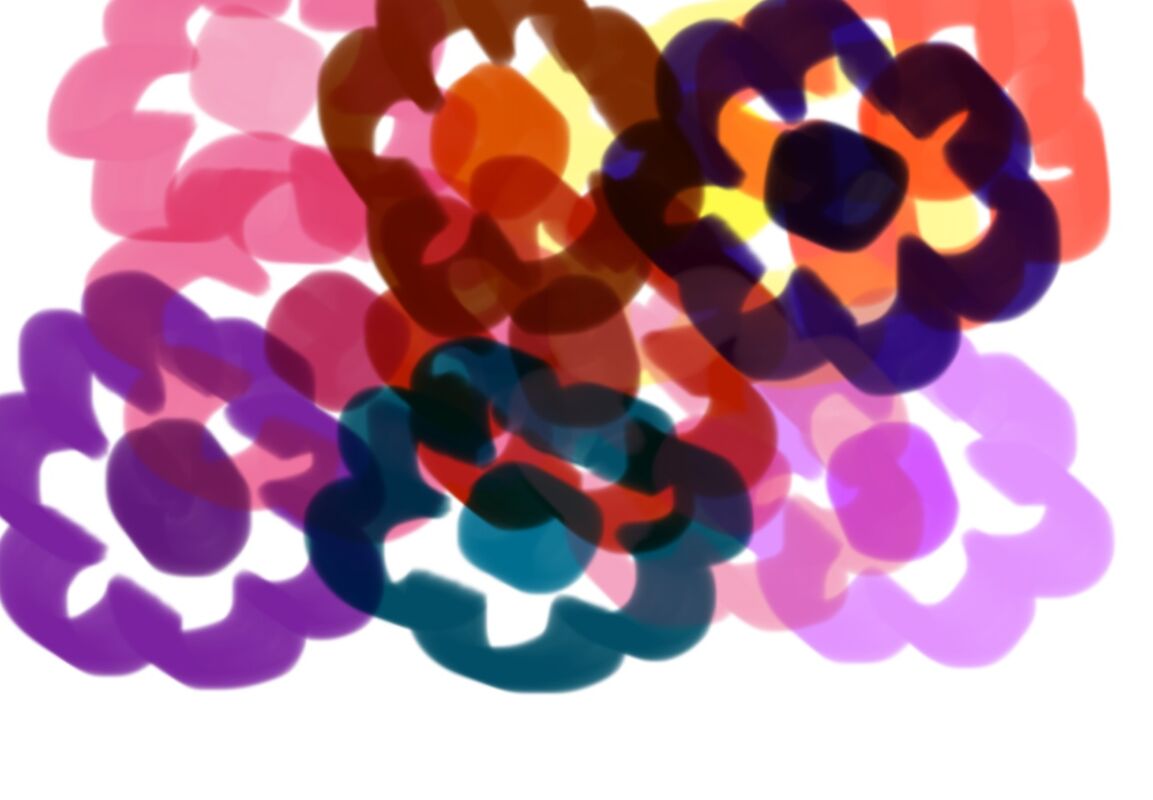

***
This piece is a contribution to the digital zine “Imaginary Gardens”, produced by the 1st-year Contextual Design masters students at Design Academy Eindhoven, May 2025
